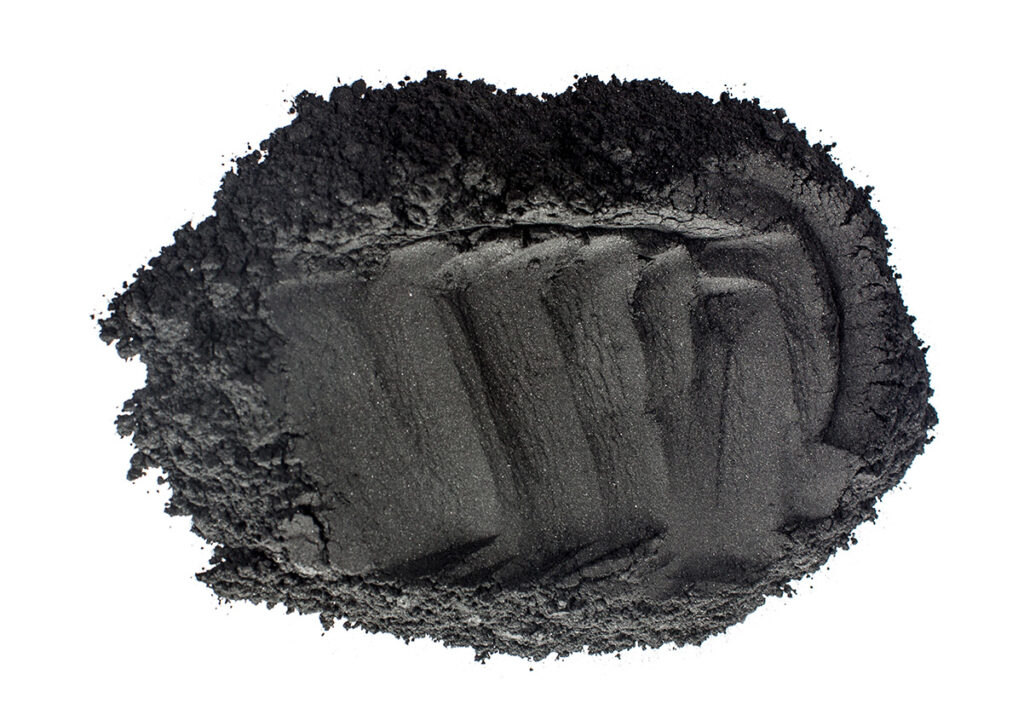NOVONIX to Supply Synthetic Graphite to PowerCo
Australian battery materials manufacturer NOVONIX has signed an agreement with PowerCo SE. The contract covers the supply of a minimum of 32,000 tonnes of synthetic graphite material.
NOVONIX to Supply Synthetic Graphite to PowerCo Read More »










